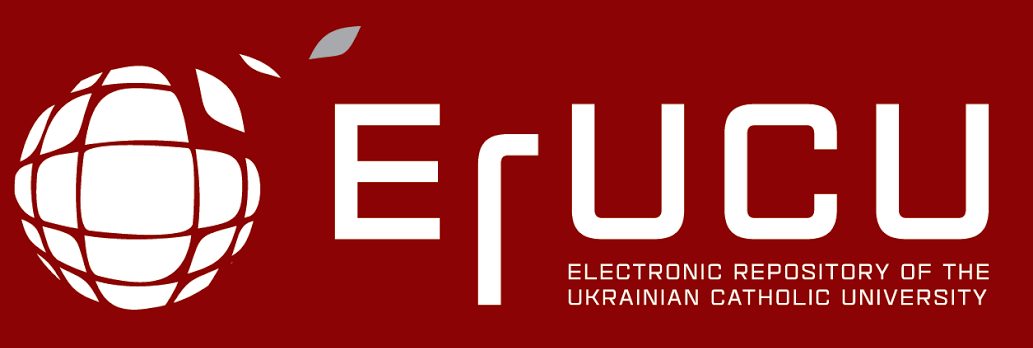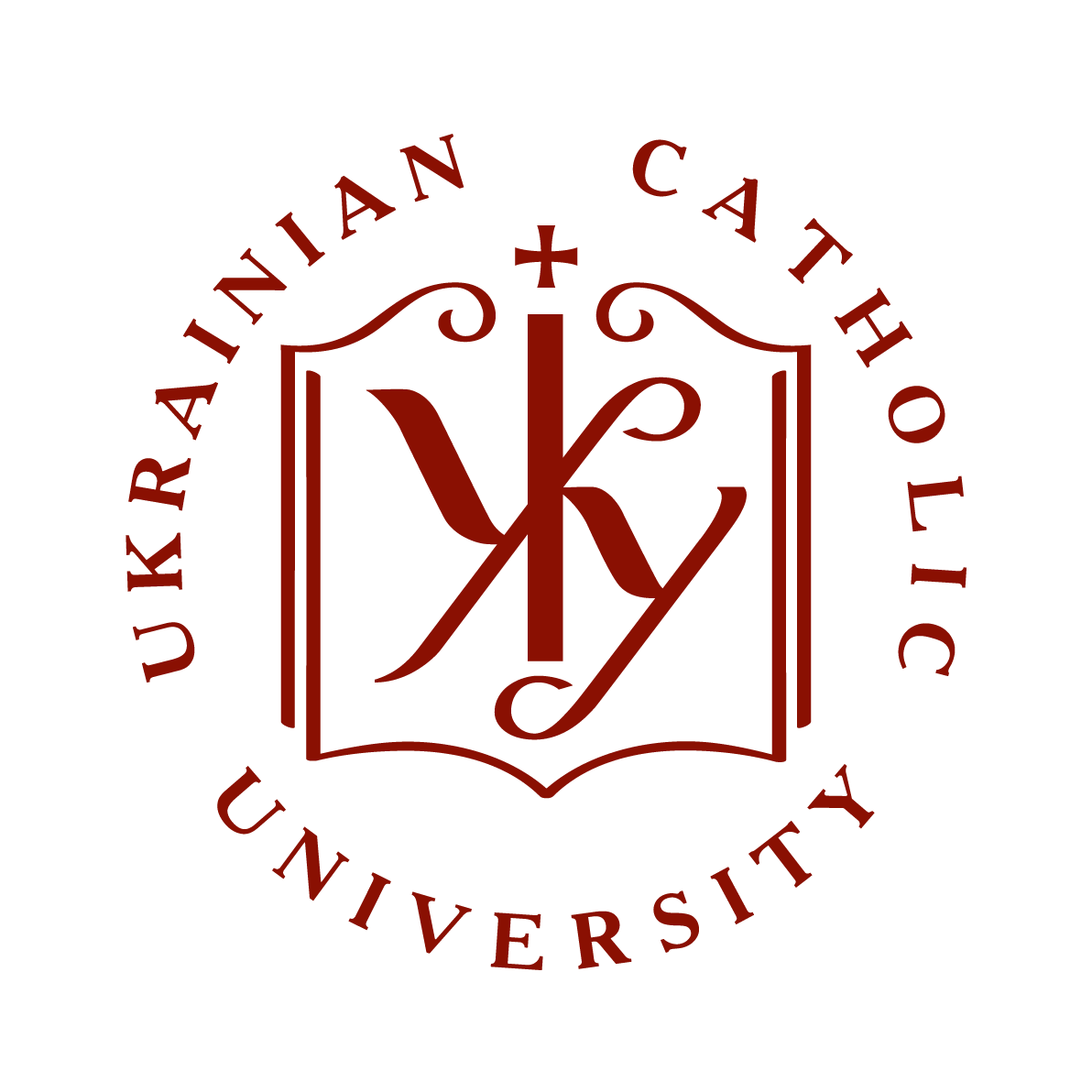Сценарії JavaScript вимкнено для Вашого браузера. Деякі функції цього сайту не будуть працювати без них.
| dc.contributor.author | Dymyd, Mychajlo
|
|
| dc.contributor.author | Димид, Михайло
|
|
| dc.date.accessioned | 2016-02-15T09:56:27Z | |
| dc.date.available | 2016-02-15T09:56:27Z | |
| dc.date.issued | 2006 | |
| dc.identifier.citation | Димид М. Послання Церков з нагоди 60-річчя Львівського псевдособору: Критичний аналіз / Михайло Димид // Μέτρον. - 2006. - Ч. 4. - С. 28-54. | uk |
| dc.identifier.uri | http://er.ucu.edu.ua/handle/1/613 | |
| dc.description | Стаття є текстом доповіді на засіданні УБНТ. Львів, УКУ, 16 травня 2006 р. | uk |
| dc.language.iso | uk | uk |
| dc.publisher | Інститут церковного права ім. свщмч. Андрія Іщака Українського католицького університету | uk |
| dc.subject | Research Subject Categories::HUMANITIES and RELIGION | uk |
| dc.subject | послання Церков | uk |
| dc.subject | псевдособор | uk |
| dc.subject | псевдо-собор | uk |
| dc.title | Послання Церков з нагоди 60-річчя Львівського псевдособору: Критичний аналіз | uk |
| dc.type | Article | uk |
| dc.status | Опублікований і розповсюджений раніше | uk |
| dc.description.abstracten | Ukraine boasted no historian of renown who would write one common interpretation of the Lviv Pseudo-Council, which took place in Lviv in 1946. As a result, messages, letters, appeals and other documents that appeared on the occasion of the sixtieth anniversary of the "pseudo-council" vary in their content and direction. This article covers the main theses of these documents while articulating their positive and negative aspects. One example of this variation is Pope Benedict XVI's letter to Patriarch Lubomyr (Huzar) in which he defines the "degrees of faithfulness" for the heirs of Prince Volodymyr's Christening differently than did his predecessor, Pope John Paul II, in his letter written on the occasion of 400-th anniversary of the Union of Berestia. Patriarch Filaret emphasizes the necessity of society's common witness of Christ, irrespective of a time when "the unity of faith of the Orthodox Rus' and that of the Greek-Catholic Rus' becomes a reality." On the one hand, the message of the Synod of Bishops of the UGCC Supreme Arch-episcopate of Kyiv and Halychyna blames uniatism; on the other, it defends it. The message also comments on the difference between uniatism, which should be condemned, and the uniate Church. Although the address to the congregation and the Ukrainian people by the Holy Synod of the Ukrainian Orthodox Church of Moscow Patriarchate asserts that the legitimacy of the Lviv council must be determined only within the context of the Berest Council, it does contain some bright ideas. For instance, one idea is that exploits for the sake of faith and great spiritual gifts committed without love have no value. Many of the messages in question are deprived of this understanding entirely. | uk |
| dc.relation.source | Μέτρον, журнал з Еклезіології і Церковного Права | uk |
Files in this item
This item appears in the following Collection(s)
-
Матеріали конференцій, семінарів і т. п. [30]
Documents on conferences, seminars etc.


